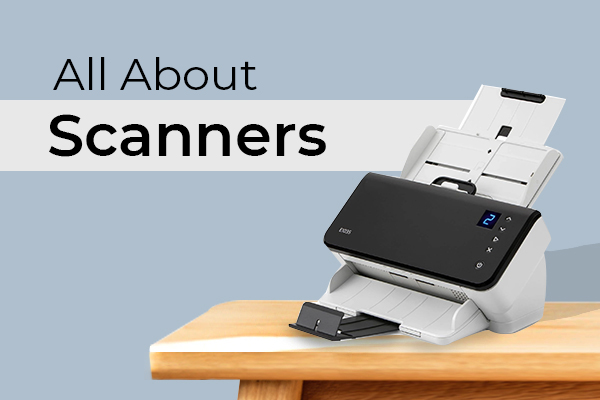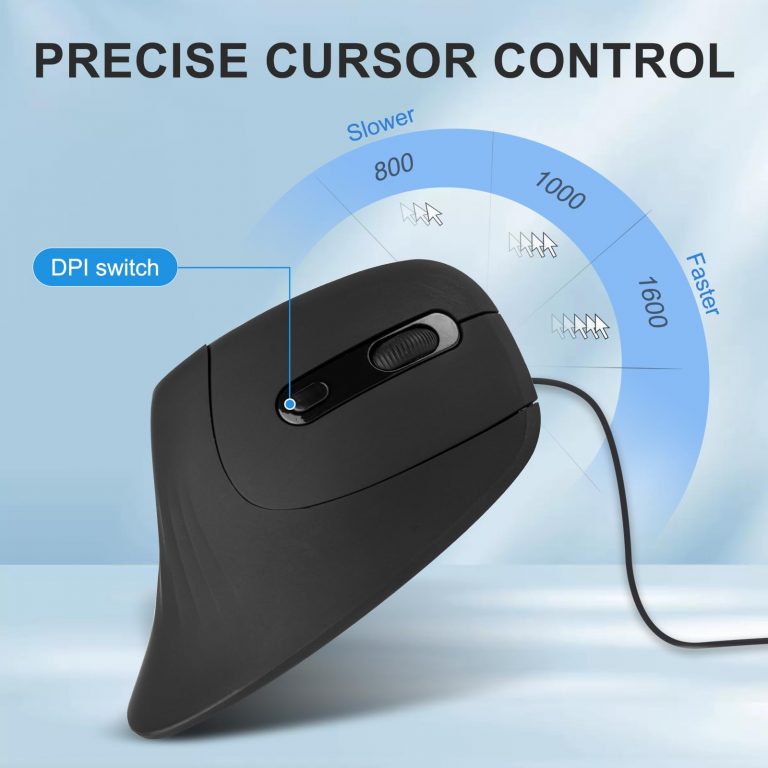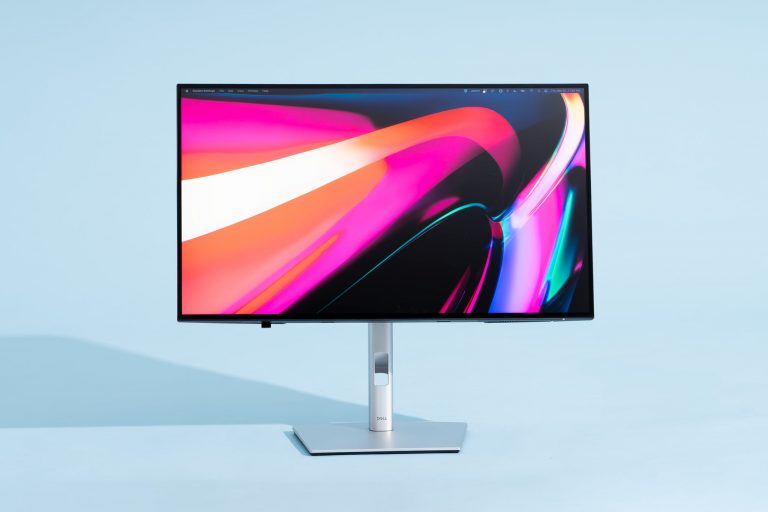
Wearable Sensors
Wearable sensors have become increasingly popular in recent years, offering a convenient and non-invasive way to track various aspects of our health and fitness. These small, electronic devices can be worn on the body to monitor a range of physiological parameters, providing valuable insights into our overall well-being.
Types of Wearable Sensors
- Fitness Trackers: These devices measure steps, heart rate, sleep quality, and other fitness metrics.
- Smartwatches: Combine fitness tracking with smartphone functionality, allowing users to receive notifications, make calls, and control smart home devices.
- Health Monitors: Specialized devices that monitor specific health parameters, such as blood pressure, blood sugar levels, or respiratory rate.
- Environmental Sensors: Track environmental factors like temperature, humidity, and air quality.
Applications of Wearable Sensors
- Healthcare: Wearable sensors are used to monitor patients with chronic conditions, detect early signs of illness, and improve overall health management.
- Fitness and Wellness: Tracking fitness goals, monitoring sleep patterns, and providing personalized health recommendations.
- Research: Collecting data for medical research and studies.
- Workplace Safety: Monitoring workers’ health and safety in hazardous environments.
- Consumer Electronics: Integrating with smartphones and other devices to provide additional features and functionality.
Benefits of Wearable Sensors
- Continuous Monitoring: Wearable sensors provide real-time data on various health parameters, allowing for continuous monitoring and early detection of issues.
- Non-Invasive: Unlike traditional medical tests, wearable sensors are non-invasive and comfortable to wear.
- Personalized Insights: Wearable sensors can provide personalized recommendations based on individual data and preferences.
- Improved Health Outcomes: By tracking health metrics and providing insights, wearable sensors can help individuals make healthier lifestyle choices and improve their overall well-being.
Challenges and Considerations
- Accuracy: The accuracy of wearable sensors can vary depending on factors such as sensor technology, device design, and individual factors.
- Privacy and Security: Concerns about data privacy and security arise with the collection and storage of personal health data.
- Battery Life: Ensuring sufficient battery life for continuous monitoring can be a challenge.
- User Adoption: Encouraging consistent and accurate use of wearable sensors can be difficult for some individuals.
Wearable sensors are a rapidly evolving technology with the potential to revolutionize healthcare and personal wellness. As the technology continues to advance, we can expect to see even more innovative and sophisticated wearable devices that provide valuable insights into our health and well-being.







